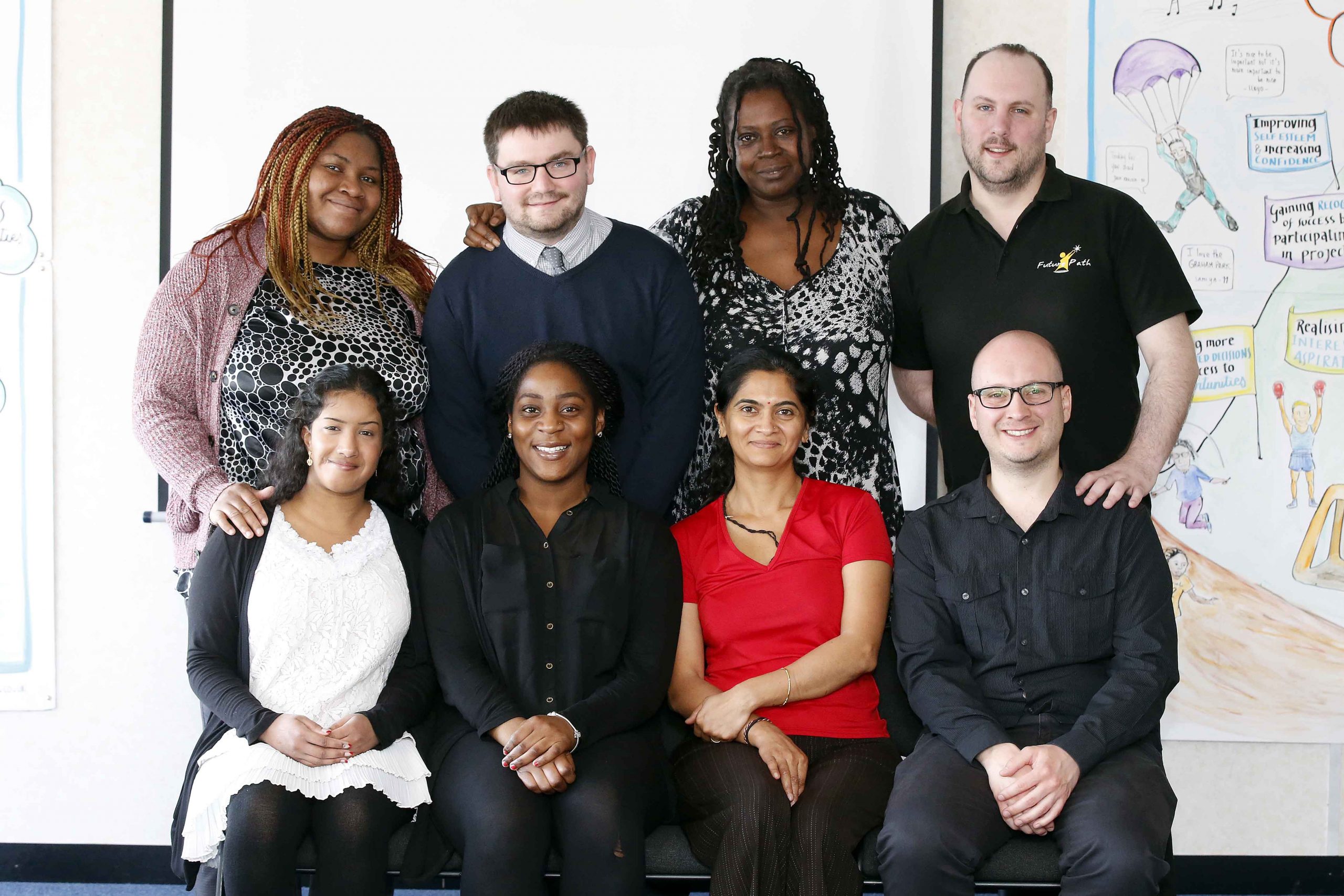Saturday 1 July marked 10 years since the Welfare Reform Taskforce was set up.
The Welfare Reform Task Force (WRTF) was a project formed to support the need of Barnet residents with changes that came about with the Welfare Reform Act 2012 which marked a crucial turning point in the local approach to welfare support.
Empowering the borough
The task force brought together experts from diverse fields to address the issues faced by the new system. They aimed to create an efficient and compassionate project that would empower individuals and adopt financial independence within the borough.
Pictured right: The original WRTF team when it first started.

The act introduced an under-occupancy penalty (bedroom tax), Universal Credit, Personal Independent Payment, Council Tax Support, and Local Housing Allowance Social Fund (including greater power to local authorities), however, the main change that happened was the Benefit Cap which was brought in on 15th April 2013 in London and rolled out across Great Britain by October 2015.
In response to the benefit cap, local authorities were allocated funding for Discretionary Housing Payments (DHP). A DHP is a discretionary and short-term payment to help people with their Housing Costs. The Local Authorities (WRTF) were helping Barnet residents to maximise their entitled benefits and to prevent homelessness. Also, the Welfare Reform Taskforce had to assess and make decisions on a case-by-case basis and judge based on each case’s merits.
Embarking on the next phase

As time has passed there have been many changes to the team. In 2020 the WRTF combined with BOOST to create one service that takes a personal approach to support residents with various needs, including employment, cost of living support, training, and digital inclusion.
Pictured left: The current boost team share a photo at The Barnet Group’s 2023 People Event.
As BOOST embarks on the next phase of their journey, they are doing so with a new purpose. They are guided by their core values of taking ownership, leaving no one behind, not judging, and keeping things simple, and they remain committed to improving their service and strive towards a future where every individual has the opportunity to thrive and contribute to the community’s success.
